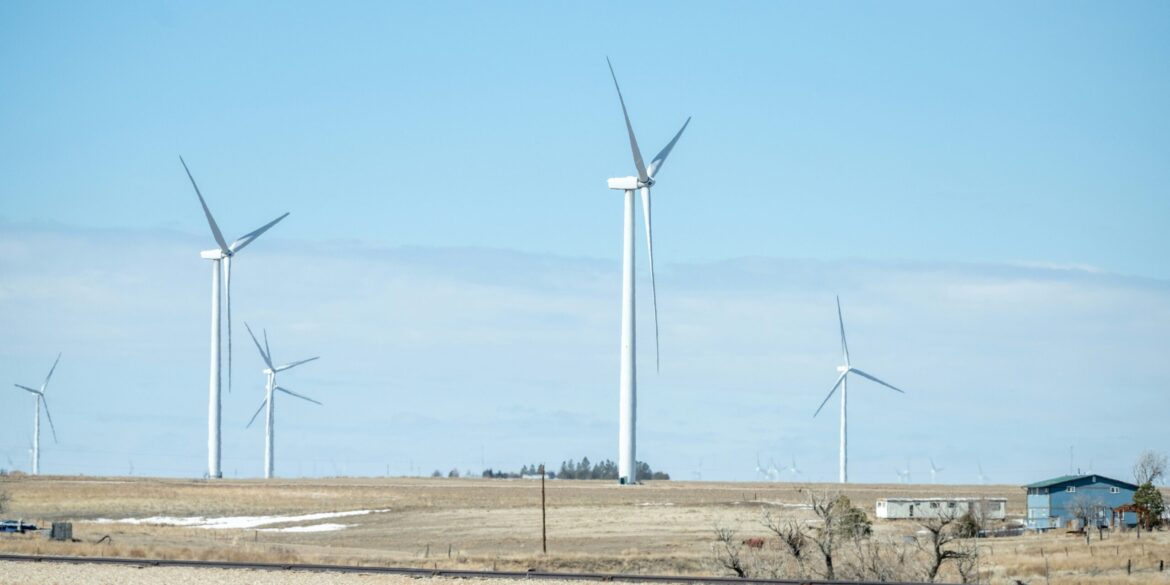As of May 2025, the Trump administration’s energy policies have led to the cancellation or delay of over $14 billion in clean energy investments across the United States, resulting in the loss of approximately 10,000 potential jobs. These developments are primarily attributed to rising concerns over the future of federal clean energy tax credits and policy uncertainties stemming from proposed legislative changes.
A significant factor contributing to this downturn is the proposed tax legislation by House Republicans, which aims to roll back key provisions of the 2022 Inflation Reduction Act (IRA). The IRA had previously spurred substantial investments in renewable energy by offering tax incentives for projects in solar, wind, electric vehicles (EVs), and battery storage. However, the new bill seeks to accelerate the expiration of these credits and impose restrictions on foreign entities, particularly those linked to China, from benefiting from remaining incentives. This legislative shift has introduced a wave of uncertainty, causing companies to reassess or halt their clean energy initiatives.
Notable project cancellations include Kore Power’s battery factory in Arizona, Bosch’s hydrogen fuel cell investment in South Carolina, and BorgWarner’s EV factory closures in Michigan. These projects were expected to contribute significantly to local economies and job creation. The abrupt policy changes have disrupted these plans, leaving communities and workers in limbo.
The Department of Energy (DOE) has also taken steps that have further impacted the clean energy sector. Recently, the DOE canceled a $3 billion partial loan guarantee with Houston-based Sunnova Energy, which was intended to fund Project Hestia—a program aimed at expanding rooftop solar in disadvantaged communities. The cancellation aligns with the administration’s broader rollback of clean energy initiatives and has raised concerns about the future of similar projects.
Additionally, the administration has announced the cancellation of $3.7 billion in federal grants to 24 projects focused on industrial decarbonization and carbon capture and sequestration (CCS). These projects, many of which were funded under the Biden administration, aimed to support companies like ExxonMobil, Eastman Chemical, and Kraft Heinz in reducing emissions. The cancellation of these grants has been met with criticism from environmental groups and Democratic lawmakers, who argue that it undermines viable climate solutions and hinders U.S. competitiveness in clean manufacturing.
The administration’s actions have also affected the offshore wind industry. On January 20, 2025, President Trump signed an executive order halting all new offshore wind leases and permitting within the United States. This move has introduced regulatory uncertainty for projects like New England Wind and Sunrise Wind, potentially delaying their development and affecting associated economic benefits.
Critics argue that these policy shifts not only jeopardize the nation’s progress toward clean energy goals but also risk ceding leadership in the global renewable energy market. They contend that the rollback of incentives and support mechanisms undermines investor confidence and could lead to a long-term decline in clean energy innovation and deployment.
As the Senate reviews the proposed tax legislation, the clean energy sector remains in a state of uncertainty. Industry stakeholders, environmental advocates, and policymakers continue to debate the implications of these policy changes, emphasizing the need for a stable and supportive framework to sustain the growth and competitiveness of the U.S. clean energy industry.

